UPSC Commerce Optional Classes – Complete Course Details
The UPSC Management Optional is a highly structured, logical, and rewarding subject for aspirants appearing in the Civil Services Examination (CSE). It combines academic rigor with real-world applicability and offers a perfect blend of theory, analysis, and problem-solving, all of which are essential for administrative roles.
Candidates with backgrounds in Management, MBA, BBA, B.Com, Economics, or Engineering often find this optional extremely relevant and high-scoring. With proper conceptual understanding, consistent practice, and strategic answer writing, Management Optional can be a game-changing subject in UPSC Mains.
Our UPSC Management Optional Classes are specifically curated to provide a comprehensive and exam-focused preparation for both Paper I and Paper II, ensuring conceptual mastery, clarity of frameworks, and the ability to write structured, analytical answers that stand out in the Mains examination.


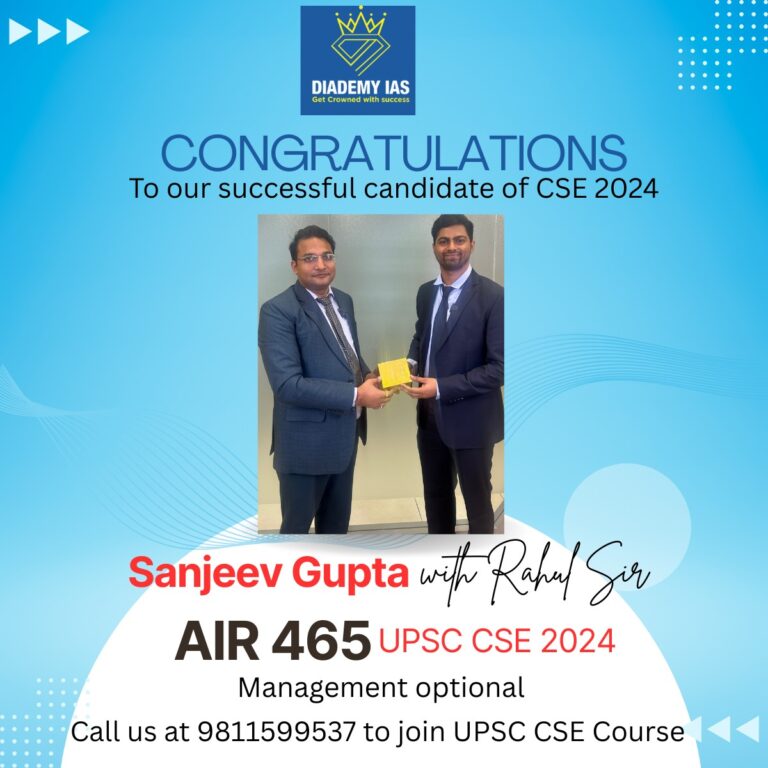

Why Choose Management as an Optional Subject?
Choosing the right optional can significantly affect your UPSC rank, and Management is among the most rational and rewarding options for candidates who enjoy logical and application-oriented subjects.
1. Defined and Compact Syllabus
The syllabus for Management Optional is clearly defined and comparatively compact. It allows focused preparation and makes revision easier.
2. Scoring Potential
Well-prepared aspirants can easily score above 270–300 marks because the questions are analytical and often predictable in nature.
3. Relevance to Administration
Concepts such as leadership, decision-making, organizational behavior, financial management, and strategic planning directly relate to the role of a civil servant.
4. Professional Overlap
Students from MBA, BBA, B.Com, Economics, or Engineering backgrounds find conceptual familiarity, which helps them grasp the subject quickly.
5. Overlap with GS and Essay Papers
Topics from Management Optional overlap with GS Paper II (Governance & HRD), GS Paper III (Economy & Technology), and the Essay paper, thus reducing overall preparation load.
Management Optional Course Highlights
Our UPSC Management Optional Classes focus on developing both theoretical clarity and practical application skills through a structured pedagogy designed specifically for UPSC aspirants.
Complete Coverage of Paper I and Paper II.
Experienced Faculty – Taught by subject experts with UPSC mentorship experience.
Conceptual Understanding + Application – Learn how to apply management principles to real-world situations.
Updated Study Material – Notes and resources aligned with the latest UPSC trends.
Answer Writing Practice – Regular written assignments with detailed evaluation.
Case Study-Based Learning – Practical and analytical approach to management.
Test Series – Sectional and full-length tests to simulate the UPSC exam.
Personalized Mentorship – Doubt-clearing and progress-tracking sessions.
Online + Offline Learning Modes for flexibility and accessibility.
Detailed Syllabus Coverage
The Management Optional syllabus for UPSC is divided into two papers, each carrying 250 marks.
Management Optional Syllabus
Paper I – Management: Theories and Principles
1. Managerial Function and Process
Nature, scope, and importance of management.
Evolution of management thought – Classical, Neo-classical, and Modern theories.
Functions of management – planning, organizing, staffing, directing, and controlling.
Decision-making: Models, techniques, and behavioral aspects.
Management by Objectives (MBO).
2. Organizational Behavior
Understanding individual behavior: personality, perception, learning, and motivation.
Leadership theories – trait, behavioral, situational, and contemporary approaches.
Communication process, barriers, and effectiveness.
Group dynamics and conflict management.
Organizational change and development.
3. Human Resource Management (HRM)
HR planning, recruitment, selection, and training.
Performance appraisal systems and career planning.
Compensation management and employee motivation.
Industrial relations, collective bargaining, and trade unions.
Employee welfare, grievance redressal, and labor legislation.
4. Financial Management
Nature, scope, and objectives of financial management.
Capital budgeting, capital structure, and cost of capital.
Dividend decisions and working capital management.
Time value of money and risk-return trade-off.
Financial statement analysis and ratio analysis.
5. Marketing Management
Nature and scope of marketing.
Market segmentation, targeting, and positioning.
Product mix, pricing policies, and distribution strategies.
Promotion and advertising management.
Consumer behavior and marketing research.
Services marketing and digital marketing.
6. Production and Operations Management
Production systems, design, and layout.
Capacity planning, scheduling, and quality management.
Inventory control, JIT, and supply chain management.
Operations strategy and productivity analysis.
Maintenance management and lean manufacturing.
7. Quantitative Techniques and Decision Science
Linear programming and decision-making under uncertainty.
PERT/CPM for project scheduling.
Simulation, queuing, and game theory basics.
Operations research and decision models.
Paper II – Management: Functional Areas and Environment
1. Strategic Management
Nature and process of strategic management.
Environmental scanning and SWOT analysis.
Corporate, business, and functional level strategies.
Strategy implementation and evaluation.
Contemporary business strategies and competitive advantage.
2. International Business
Theories of international trade and investment.
Globalization and multinational enterprises.
Balance of payments and foreign exchange management.
International monetary systems and global institutions (WTO, IMF, World Bank).
India’s foreign trade policy and FDI trends.
3. Information Technology and Management
Role of information systems in business management.
E-commerce and digital transformation.
Management Information Systems (MIS).
Data analytics, AI, and technology in decision-making.
4. Government Business Interface
Public sector and its role in economic development.
Privatization, disinvestment, and public-private partnerships.
Corporate governance, ethics, and social responsibility.
Industrial policy, business regulations, and reforms.
5. Indian Business Environment
Economic reforms and liberalization since 1991.
Role of small-scale and service sectors.
Fiscal and monetary policies.
Inflation, unemployment, and growth challenges.
Entrepreneurship, start-up ecosystem, and innovatio
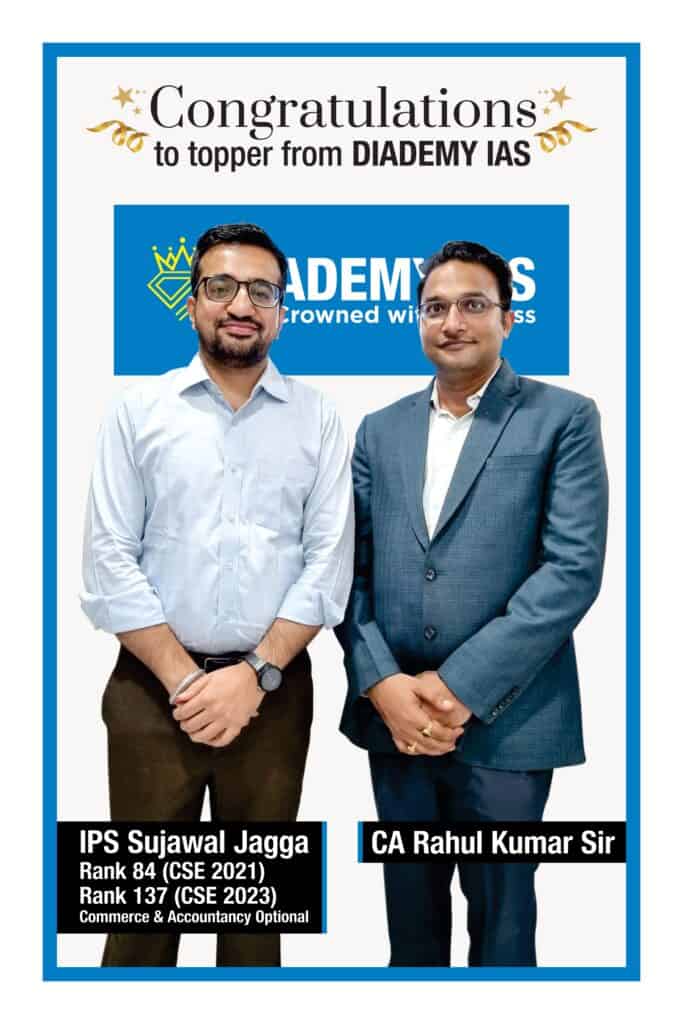
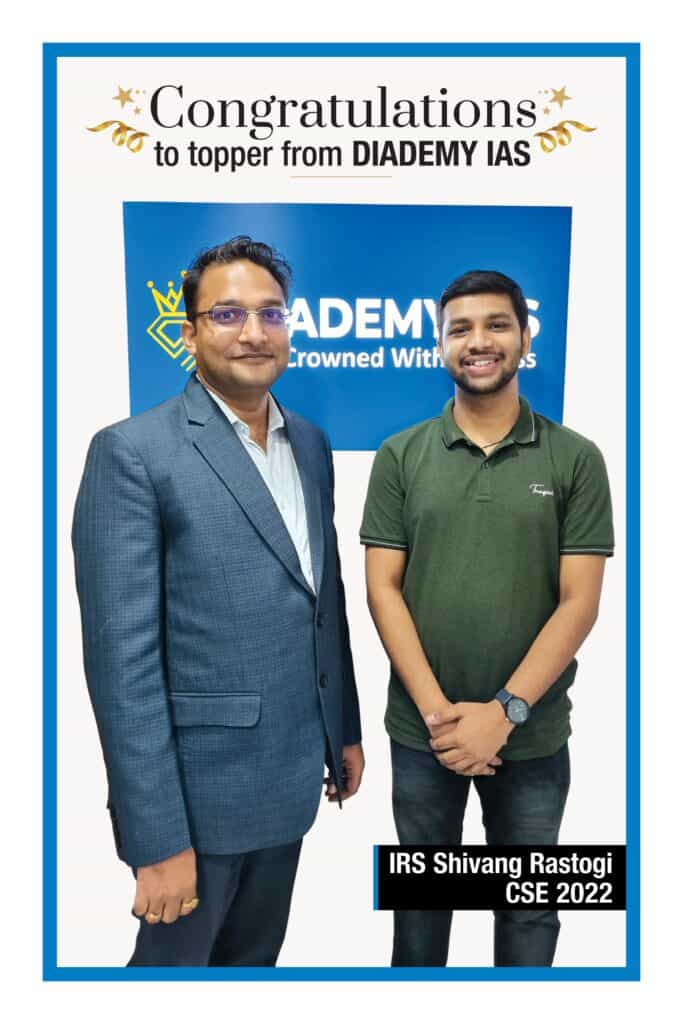

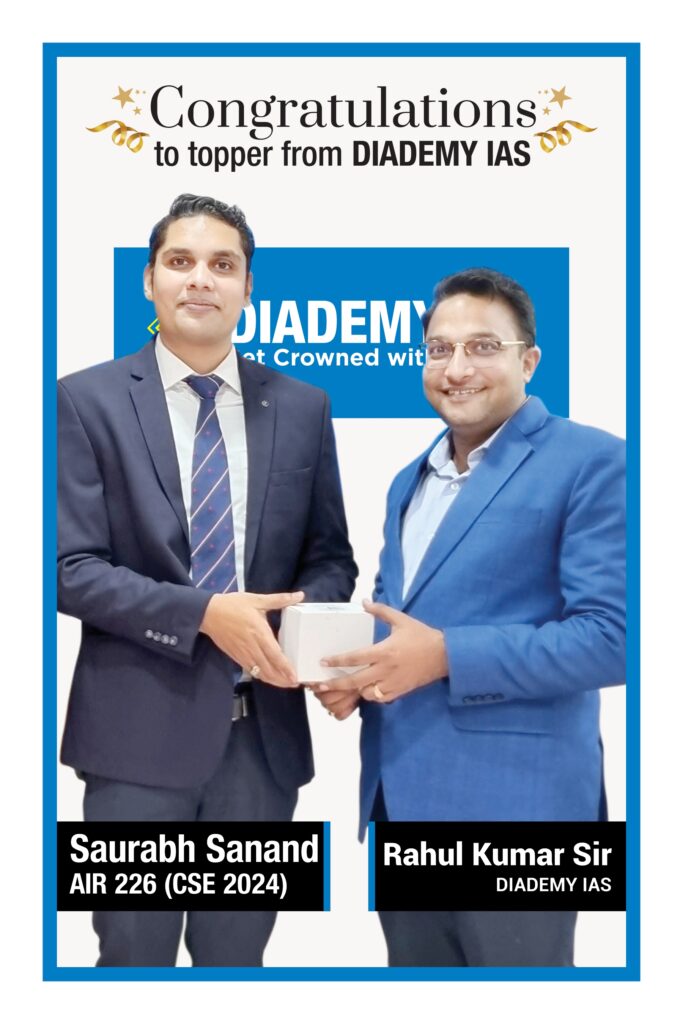
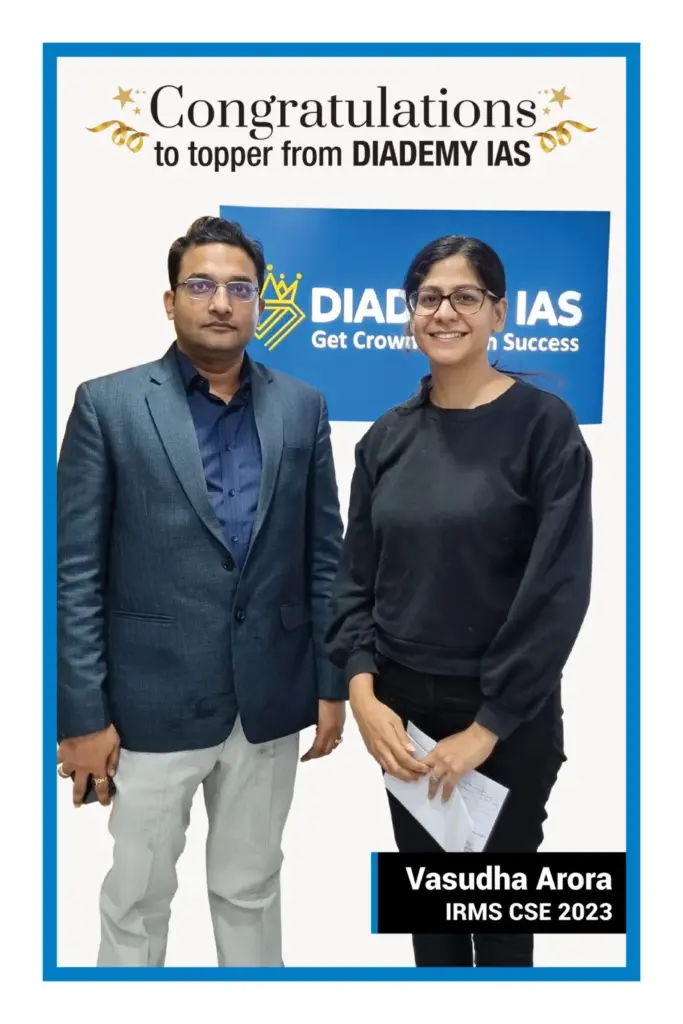
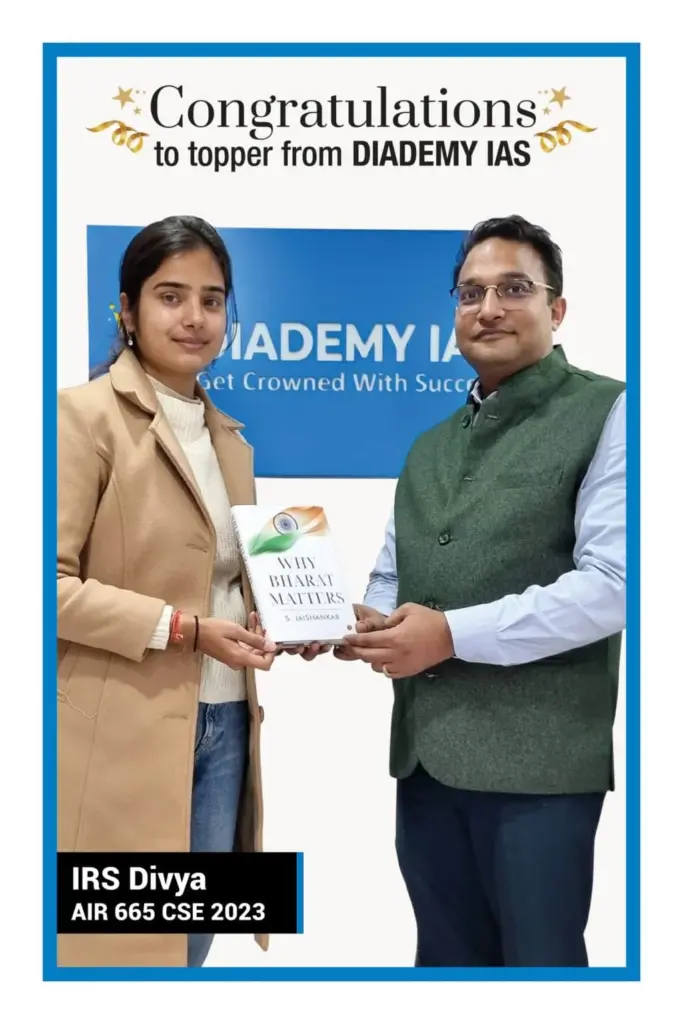
Management Optional Course Features
Previous Year Question Paper Analysis – Identify question patterns and high-weight topics.
Current Affairs Integration – Link management concepts with government policies, Budget, and Economic Survey.
One-to-One Mentorship – Personalized study plans and performance tracking.
Updated Study Material – Crisp and exam-oriented notes with examples from Indian and global companies.
Doubt-Clearing Classes – Regular sessions to resolve queries and strengthen understanding.
Who Should Join This Course?
MBA, BBA, B.Com, Economics, or Engineering graduates.
Aspirants who prefer analytical, structured, and practical subjects.
Working professionals who want a flexible yet comprehensive preparation plan.
Students seeking high-scoring, predictable, and concept-based optional.
Benefits of Choosing Our UPSC Management Optional Classes
Expert Faculty with UPSC Experience – Learn from professionals who understand both theory and the UPSC approach.
Comprehensive Coverage – All topics explained in simple, structured format.
Answer Writing Mastery – Focus on case-based and conceptual answers that fetch marks.
Regular Evaluation – Personalized feedback on written answers.
Integrated Preparation – Connects optional topics with GS and Essay papers.